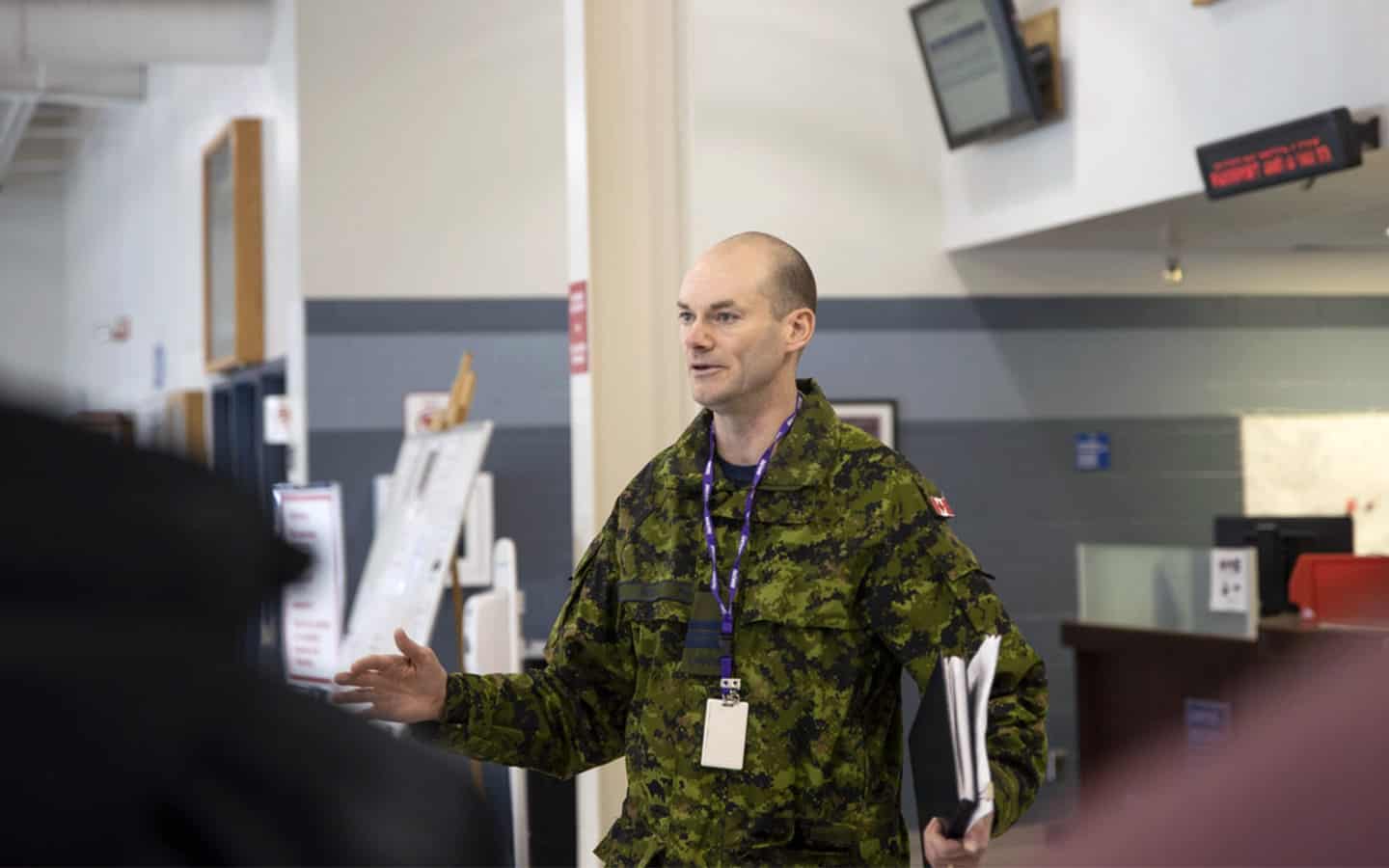Waterloo Region hasn’t seen any cases of the coronavirus (COVID-19), but officials are nonetheless preparing for the potential of an outbreak.
“At this point, we haven’t had any cases of COVID-19 locally. But we are preparing for that to happen given the widespread of the infection and how easily transmitted it is,” said Kristy Wright, manager of infectious disease for the Region of Waterloo Public Health and Emergency Services team.
That said, the region is uncertain if anyone from the area was part of the evacuation of Canadians from Wuhan, China. Those residents were housed for the two-week period at C.F.B Trenton, but were not required to report their stay to their regional health organizations.
“The people [who landed at Trenton] weren’t asked to report to us. They were held there for their 14-day quarantine period. So they were safe to go after. So really no reason to be involved with us locally,” said Wright, noting that might make some people uneasy.
“Right now we’re working with our local partners to prepare for the arrival of a first case potentially, but in terms of what the public can do, it really aligns with our normal emergency preparedness type messaging,” explained Wright. “We have a community pandemic plan and emergency preparedness systems. We’ve been working with our partners in the hospitals. Also, we’re starting to reach out to our primary care providers and local businesses, schools, daycares and child cares, post secondary education, all institutions, pharmacies, nursing and home care agencies. We’ve been sending out regular bulletins to all of those stakeholders.”
General hygiene techniques used to prevent the spreading of infections such as the common cold or flu are being encouraged by the team.
“Like any respiratory infection, we’re encouraging people to stay home when they’re sick, wash their hands lots, especially before eating and before touching their face, and to be coughing into their sleeve or elbow versus into their hands,” she said, adding that general emergency preparedness guidelines are important as well.
“Those are some general prevention messages. Thinking about if they had to stay home sick for a couple of weeks what they might need at home. So, ensuring that they have an adequate supply of prescription medications, for instance, if they have a child or daycare arrangements or other care-giving arrangements to ensure that they have a backup plan for those.”
Wright also stressed to “know what kinds of things are in the home, for instance, having an adequate supply of nonperishable foods that they could draw upon if they weren’t able to go out.”
The Public Health Agency of Canada (PHAC) has assessed the risk as low for Canada and for Canadian travellers. The risk of disease acquisition for Waterloo Region residents has also been deemed low.
COVID-19’s origins in China has seen travellers from that country quarantined, and there’s been some stigma attached to people of that ethnicity.
“We have to work together as a global community to try and combat the [racism],” said Wright, noting that like the SARS outbreak of 2003, there’s been a recent rise in racism.
“Oftentimes when we have a disease started in a specific area of the world, and then it starts to spread rapidly globally, there’s some fear and assumptions made, perhaps, of why that happened. But really, it could start anywhere in the world.”
The region’s Public Health officials are urging people who have visited China’s Hubei Province to self-isolate for a period of 14 days from the time they left the province. They’re also asked to call the organization at 519-575-4400 within 24 hours of their return to Canada.
Symptoms of the coronavirus include fever, cough and difficulty breathing. As of midweek, there have been 30 confirmed cases, 20 of them in Ontario.









